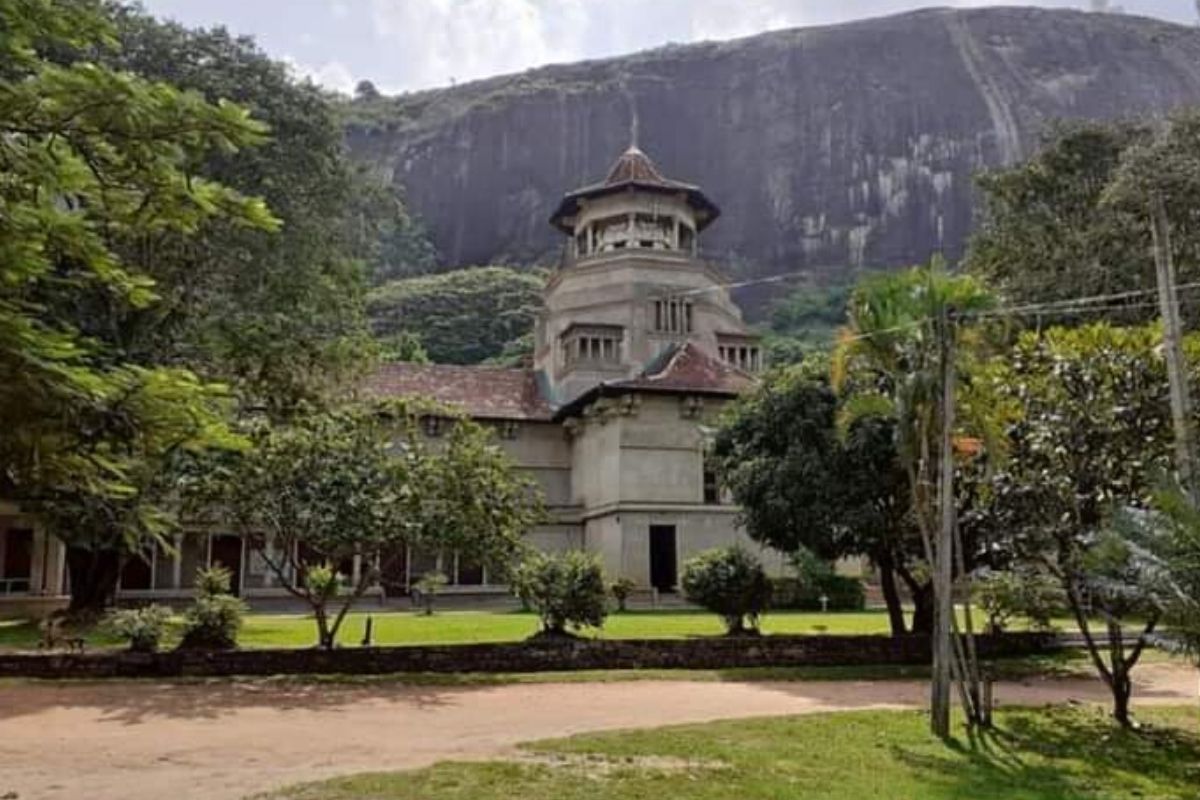
Today, we celebrate “the Feast of the Ascension,” and next Sunday is called “Ascension Sunday.” According to the Christian Conference of Asia, Ascension Sunday is also called “Asia Sunday”. When Jesus lived in this world as a human being, He belonged to a particular culture. By being in a particular culture, He blessed all the world’s cultures. His Ascension after the resurrection confirmed that He is not confined to one specific culture, although He lived in a particular culture as a human being.
Jesus was born in the Middle East, which is actually a part of the Asian continent. Firstly, Christianity existed in this region. Then, the Christian faith gradually migrated to Western countries. During the height of the geographical colonial era (i.e., from the 15th to 20th century), the Western brand of Christianity was again introduced to many Asian countries, such as Sri Lanka.
Today, in Asia, we have the continuation of Western Christianity in the form of various denominations. In these countries, where the majority of the people are not Christians, they generally think that Christians are a product of the colonial era. As we commemorate the Ascension of our Lord along with Asia Sunday, it is our responsibility to find ways and means to make Jesus and His Gospel meaningful to the inhabitants of Asia.
We know that Jesus was the son of a carpenter and was never part of a colonial regime. In fact, He was critical of the ways in which Roman colonial rule oppressed people. But, it is a fact that the Christian Gospel came to Sri Lanka with the protection of the colonial regimes of the Portuguese, the Dutch, and the British.
Therefore, as disciples of Jesus Christ, we have a responsibility to redeem His Gospel from the influence of these colonial memories.
Do you remember that Jesus said if He was not ascended, His disciples would not receive the gift from above? This gift is the gift of the Holy Spirit. The Holy Spirit is able to redeem us from the unpleasant memories of the colonial era to make His Gospel meaningful to Asia.
To do this as Jesus did, we should be able to have roots in our culture. Once, a famous Methodist minister, the Revd. Dr D. T. Niles said that the Christian Church in Sri Lanka is like a potted plant. Therefore, we should take steps to break this pot and plant it on our soil in order to have roots in our context.
How can we do this? To do this, we should understand the heartbeat of our people. It is our responsibility as Christians to get involved in the common activities of our society. We should do these things not just as social services but as exercises of our spirituality.
If we are involved in this manner, we’ll be able to proclaim our Gospel in a very effective manner. The same Dr D.T. Niles of the Methodist Church said that evangelism is something like one beggar telling another beggar where to find food. The proclamation of our Gospel in Asia should be a natural process, like one beggar telling another beggar where to find food.
Therefore, let us ask the ascended Jesus to grant the power of the Holy Spirit and to give us His grace to become effective and meaningful members of His Gospel in Asia.